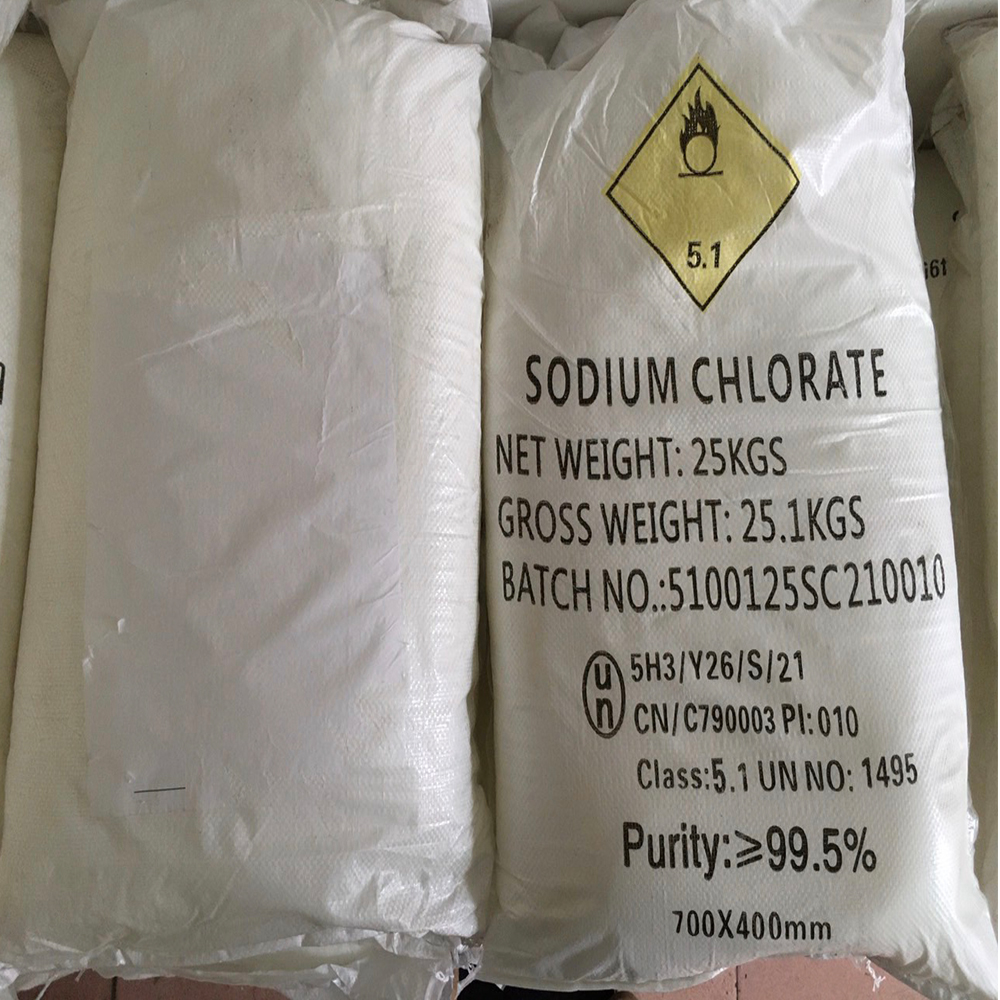



Properties and Applications of Monopotassium Phosphate in Various Industries and Agriculture
Understanding Monopotassium Phosphate (MKP) A Versatile Compound in Agriculture and Industry
Monopotassium phosphate (MKP), with the chemical formula KH₂PO₄, is a vital compound widely used across various industries, particularly in agriculture as a nutrient source for crops. Its high solubility in water makes it an effective choice for fertilization and nutrient management. In addition to its agricultural applications, MKP has a significant role in other sectors such as food production, pharmaceuticals, and even in water treatment processes.
Chemical Composition and Properties
Monopotassium phosphate consists of potassium (K), phosphorus (P), and oxygen (O). It is a white crystalline powder that is hygroscopic, meaning it can absorb moisture from the environment. One of its most remarkable properties is its high solubility in water, which allows for easy application in both soil and hydroponic systems. MKP is often sold in various forms, including granules and powders, depending on the intended use.
Agricultural Applications
In agriculture, MKP serves as an excellent source of both potassium and phosphorus, two essential macronutrients required for plant growth. Potassium helps in the regulation of various physiological processes, including water retention and nutrient uptake, while phosphorus plays a critical role in energy transfer, photosynthesis, and overall plant development. The balanced nutrient profile of MKP makes it particularly suitable for promoting root development and enhancing flowering and fruiting in various crops.
Farmers and agronomists often apply MKP during specific growth stages, particularly during flowering and fruit set, to boost crop yields. It is also beneficial in situations where soil characteristics limit the availability of these nutrients. MKP can be used as a foliar spray, making it an efficient method to deliver nutrients directly to plants, leading to improved absorption and quicker results.
Use in Hydroponics
mono potassium phosphate 0 52 34

Hydroponic systems, which cultivate plants without soil, have also embraced MKP for its ability to provide essential nutrients in a highly soluble form. In these systems, nutrient solutions are crucial for the healthy growth of plants. MKP can be integrated into the nutrient solution, ensuring that plants receive adequate potassium and phosphorus. This approach not only enhances plant growth but also contributes to higher yields and better quality produce.
Industrial Applications
Beyond agriculture, MKP has various industrial applications. In the food industry, it is used as an additive and preservative in certain products. Its role in maintaining pH levels and providing essential nutrients is vital in the production of processed foods. The compound's ability to enhance flavor and improve the texture of food products makes it a valuable ingredient in several culinary applications.
In the pharmaceutical sector, MKP is utilized as an excipient, aiding in the formulation and stability of various medications. Its properties help in maintaining the effectiveness of active ingredients while ensuring product safety. Furthermore, MKP is used in water treatment processes, where it acts as a buffering agent to control pH levels and improve water quality.
Conclusion
Monopotassium phosphate is a multifaceted compound with numerous applications in agriculture, food production, pharmaceuticals, and industrial processes. Its exceptional solubility and nutrient profile make it an indispensable tool for farmers aiming to enhance crop yields and quality. As the demand for food continues to rise amid global population growth, the importance of effective fertilizers like MKP will only increase. Additionally, its diverse uses across different sectors underscore the compound's versatility and relevance in modern industry.
In summary, understanding the properties and applications of MKP is essential for those involved in agriculture and related fields. Whether used to nourish crops, improve food quality, or aid in pharmaceutical processes, monopotassium phosphate remains a critical player in promoting growth, efficiency, and quality across various domains.
-
Why Sodium Persulfate Is Everywhere NowNewsJul.07,2025
-
Why Polyacrylamide Is in High DemandNewsJul.07,2025
-
Understanding Paint Chemicals and Their ApplicationsNewsJul.07,2025
-
Smart Use Of Mining ChemicalsNewsJul.07,2025
-
Practical Uses of Potassium MonopersulfateNewsJul.07,2025
-
Agrochemicals In Real FarmingNewsJul.07,2025
-
Sodium Chlorite Hot UsesNewsJul.01,2025










